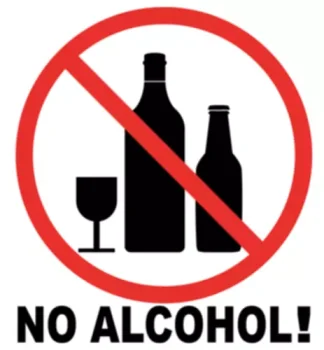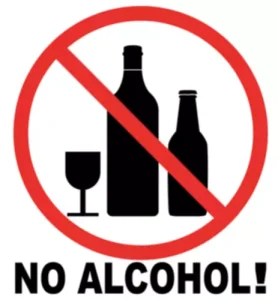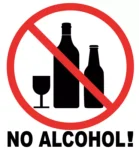How Do You Help Someone Whos in Denial of Their Drug or Alcohol Addiction?
https://lutakome.com/wp-content/themes/corpus/images/empty/thumbnail.jpg 150 150 LUTAKOME LUTAKOME https://secure.gravatar.com/avatar/391166e609081ac85d6984740316d403?s=96&d=mm&r=g
It can be difficult to help someone with AUD who is in denial about their drinking, but there are ways you can start the conversation. It’s important to stay calm, supportive, and non-judgmental throughout any conversation and to remember that acknowledging AUD can be overwhelming and frightening. It’s important for you and others involved in helping your loved one to understand and view alcohol use disorder as a long-term health condition, just like you do high blood pressure or diabetes. Research suggests that denial may be experienced by people with alcohol use disorder. A person that exhibits a number of these symptoms is likely to be struggling with an alcohol use disorder and would benefit from a treatment program.

Alcohol Addiction Treatment Programs
Here, people can find the support they need to recognize their disease and get on the path toward recovery. You may also want to have the name of a treatment center handy in case your loved one shows interest in attending inpatient or outpatient addiction treatment as a solution to their addiction issue. If they want professional help at a treatment center, offer to be there for them during every step of the process. A medical detox program ensures the utmost safety during acute alcohol withdrawal, a time that can be very dangerous. Not only will medical detox give you peace of mind knowing you’re in the hands of qualified medical staff, but it can help you through the discomfort and provide a starting point for further treatment. If you’ve held a conversation with your loved one and they are open to the idea of treatment, you’ll want to be certain they have the resources to quickly and easily find an alcohol treatment facility.

Who should be on the intervention team?
- In fact, fear of withdrawal may be one of the foremost concerns you may have to help address in order to get them to accept help.
- This may cause rigid thinking or concreteness of thought, making it hard to change their minds on a topic like whether they have a serious drinking problem.
- The internet has plenty of helpful information related to addiction, and there are many resources you can contact if your questions are not answered.
Tradeoffs’ coverage of CalAIM is supported in part by the California Health Care Foundation. So far, state officials have set aside $5.6 million to help clinics stand up their programs, and Sadwith is eager to reach more patients. “We need to prove that this works and that this works well,” Sadwith said. “We feel the importance and the weight of getting this right” as the first state in the nation to cover this sort of treatment under Medicaid. He’s been off meth since the first week of July, one of his longest stretches since he Alcoholism and Denial started trying to shake the habit.
How do you find a treatment program to offer at the intervention?
- Unfortunately, society judges and stereotypes those who have substance use disorders, and in turn those who struggle with substance use disorders internalize society’s messages.
- These experts are usually well trained to pick up any signs of positive responses the alcoholic / addict can give off and then use a proactive approach into trying to convince them to accept help to change.
- “People started to recognize that a lot of these people are buying cocaine or methamphetamine and dying of fentanyl overdoses because fentanyl is mixed into the drug supply,” said Rawson.
You can also offer to help them take the first step by making the initial phone call or attending the first appointment with them. This will show them they don’t have to go through this alone and that you will be there for them in any way you can. A Home Study kit that takes you through the 7 stages to successfully recover from your substance addiction in the comfort of your own home. Speaking with one of our expert alcohol counseling and drug counseling staff, in total confidence is the FIRST step on the road to a solution. When you engage us for our Sober Companions Services, you have absolute peace of mind that the person under our care is actively and positively working on their recovery.

Family and Children’s Programs
This guide will examine the concept of denial, explore some common signs and symptoms of denial to look out for, and learn how to help someone who is in denial about their addiction. Sometimes, these groups of friends can reinforce the alcoholic’s denial, and may actually provide their own chorus of denial to support the person with the alcohol addiction. Yes, it is possible for an alcoholic to recover without seeking professional help.
- Posted In:
- Sober living
LUTAKOME
An insurer by profession with over a dozen years of industrial experience; hands-on in all classes of insurance. Over the years, I have developed this passion for the insurance industry, and this has been the driving force behind the hard work, the time invested and my achievements.
All stories by: LUTAKOME



Leave a Reply